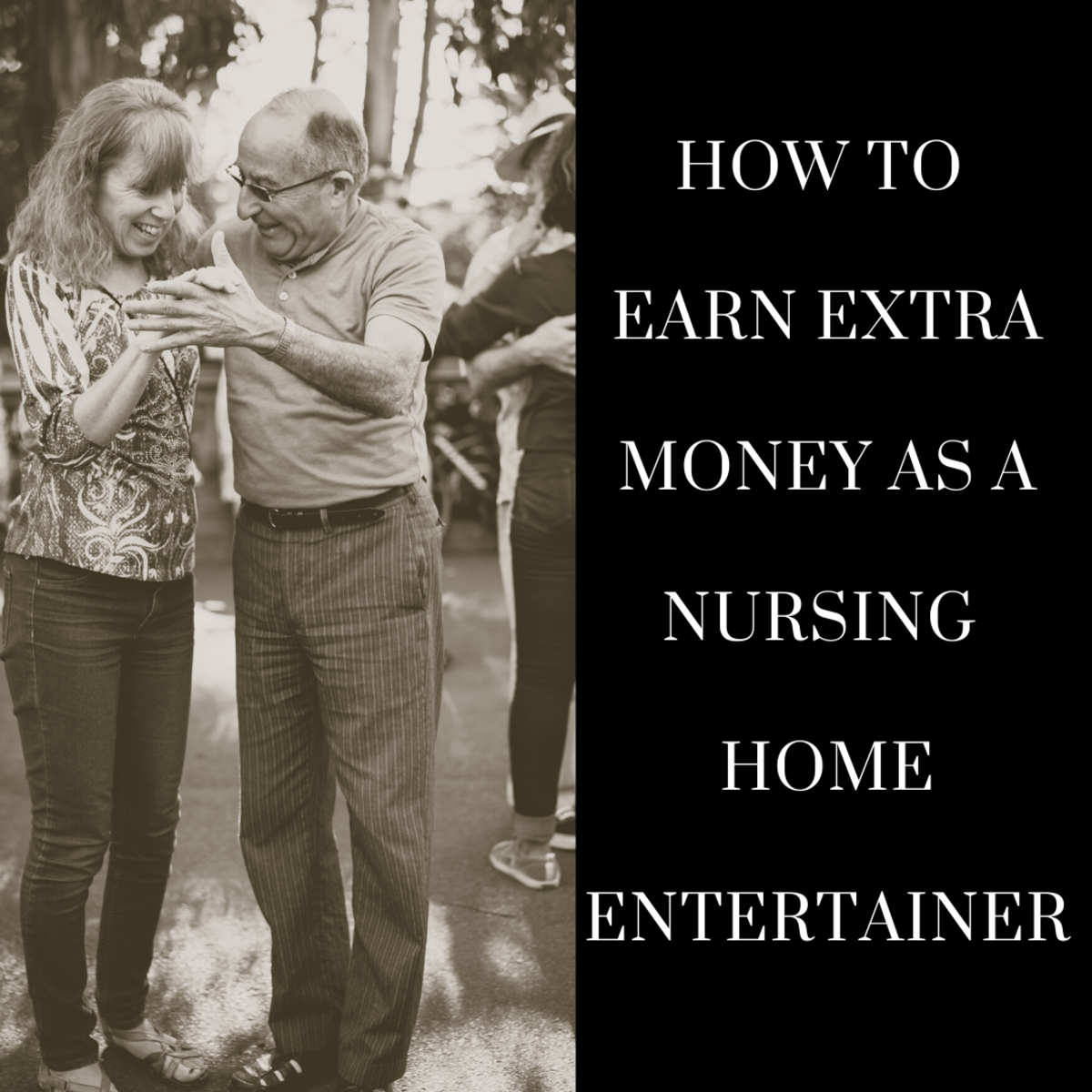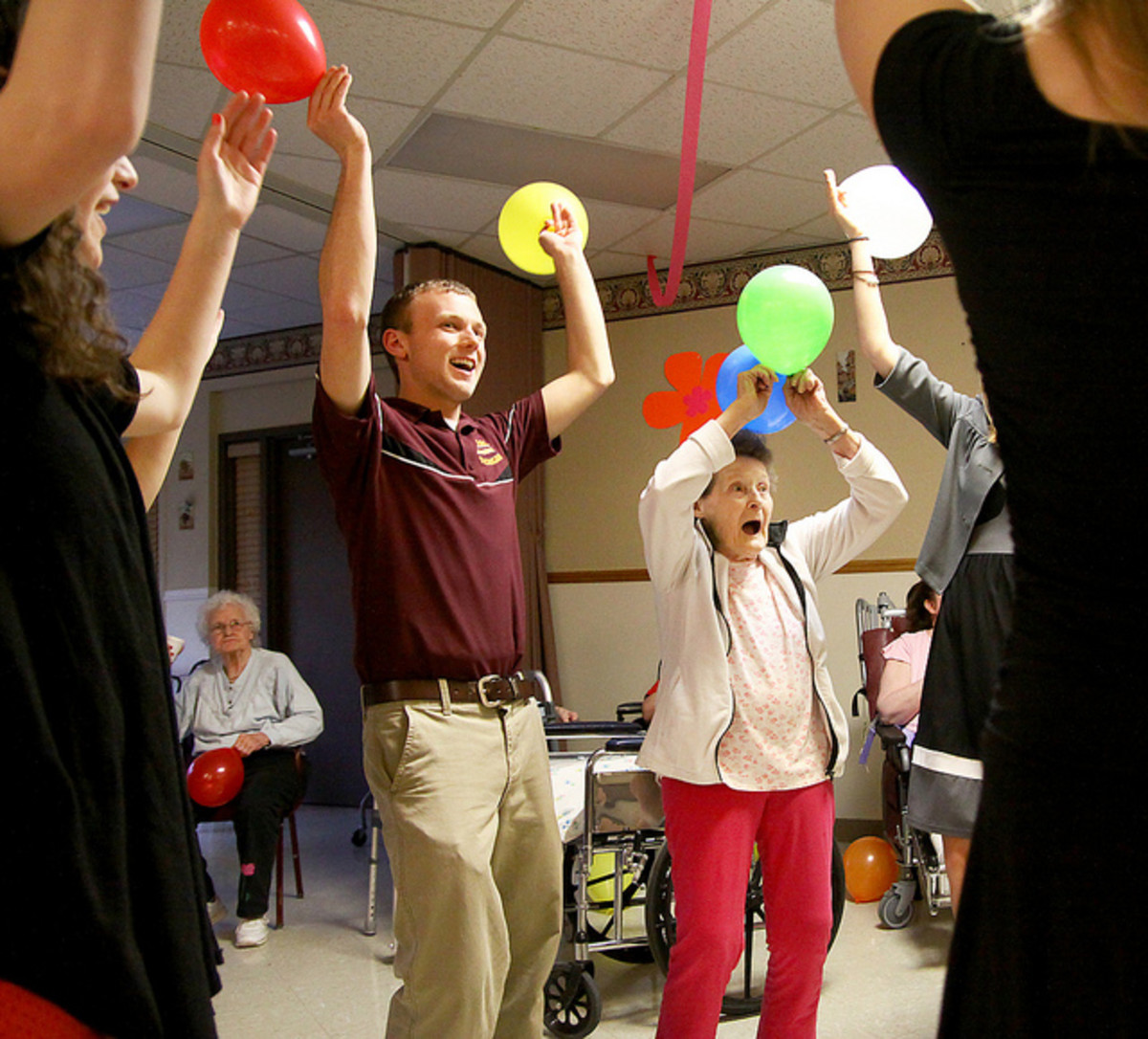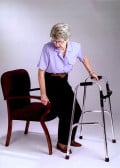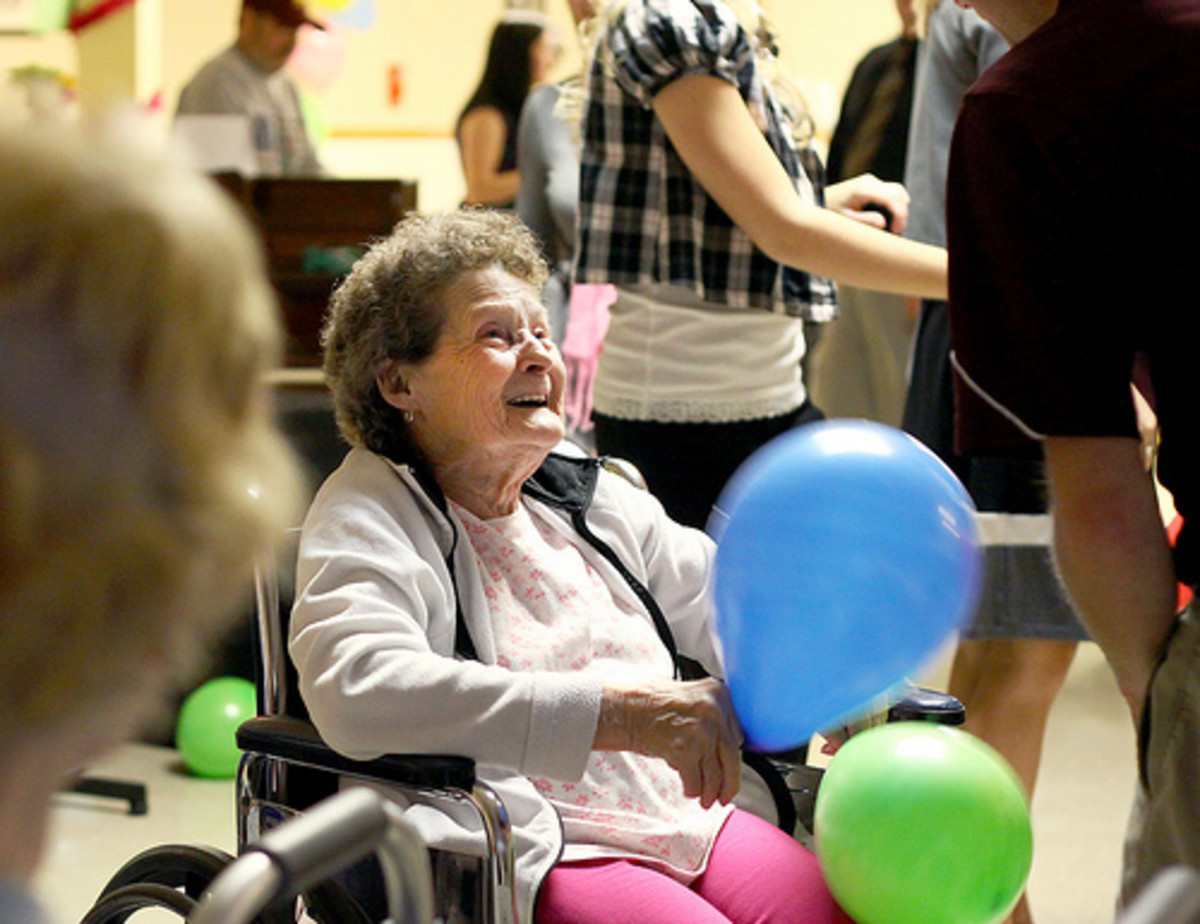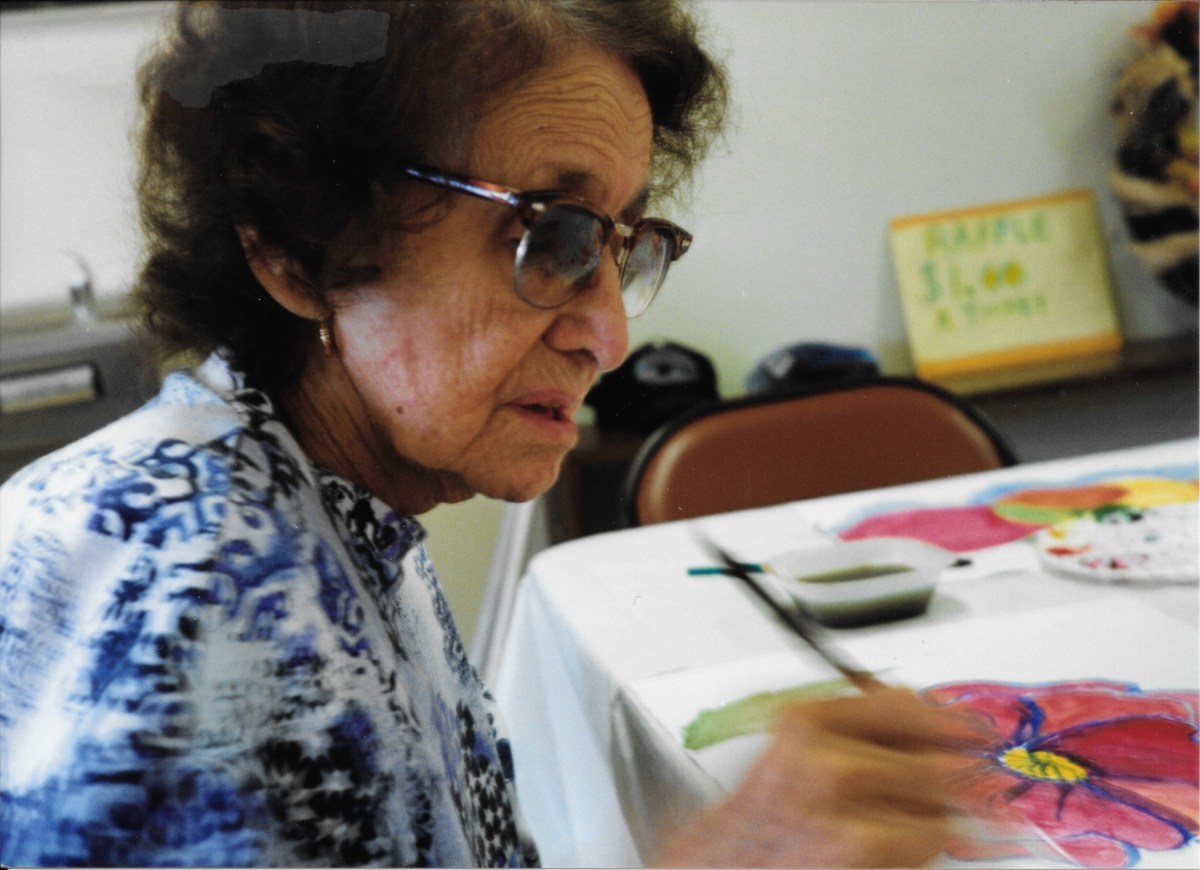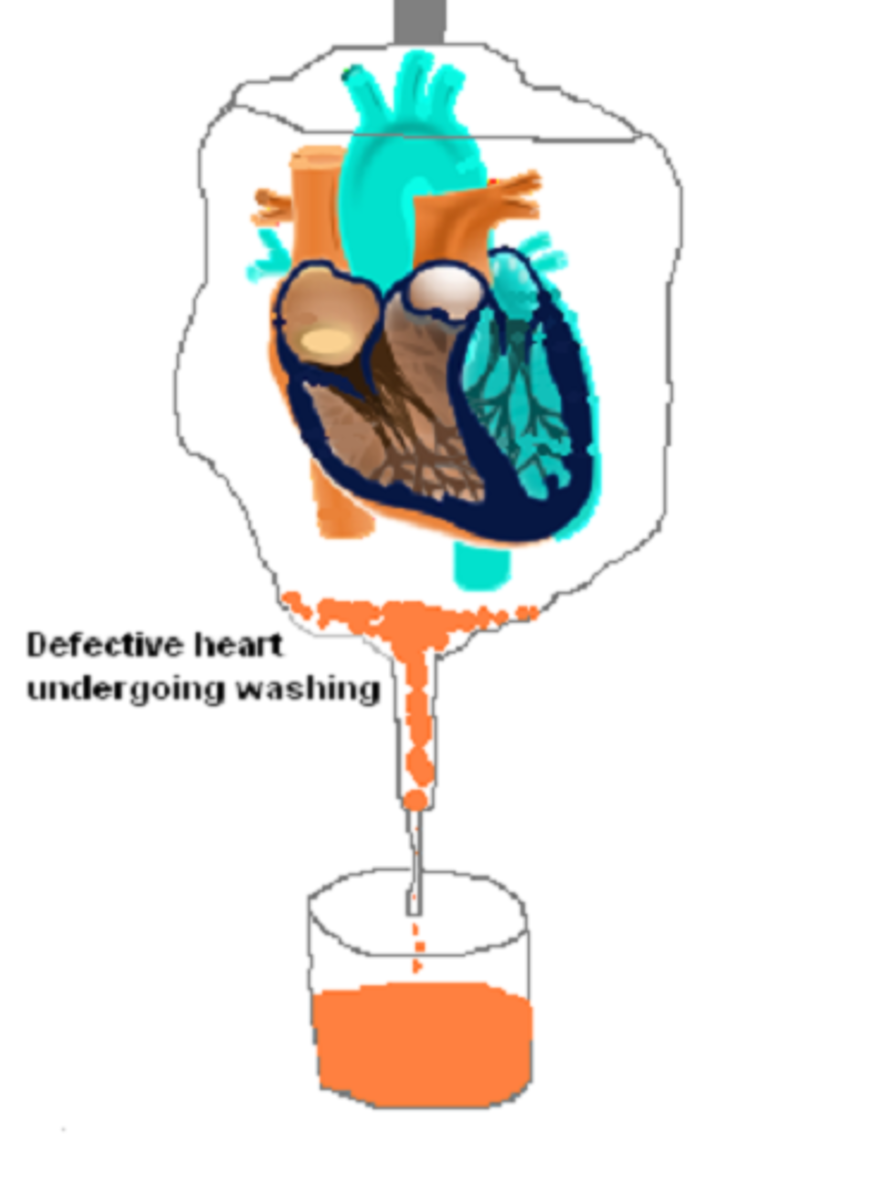Prevent Nursing Home Elder Abuse
Nursing Home Abuse

Placing a loved elder in a nursing home is one of the most difficult decisions you must make in life. Besides guilt, you do not need to add worries about the quality of care your loved one will receive, and you certainly don’t want your elder to be abused in any manner. Unfortunately, tens of thousands of elderly residents of nursing homes are intentionally or unintentionally abused each year . The abuse may be blatantly physical, or involve more subtle forms like emotional abuse or simple neglect. But abuse in any form is unacceptable. It is your responsibility to provide the best care for your loved one by keeping alert to the signs of abuse in nursing homes. This article will give you a basic background on what to look for.
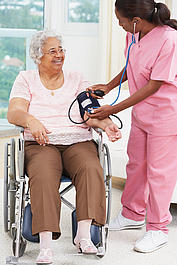
Inspect the Nursing Home
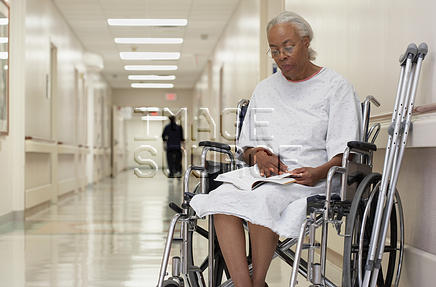
Inspect the Nursing Home
Inspect the nursing home
before you place your loved one there.
- Check to see the building, grounds, and equipment are clean and well-maintained. Attention to detail is important. Dusty surfaces, too-full trash cans, peeling paint, weeds in the garden are signs of neglect. The same subtle neglect may extend to your elder.
- Observe the staff. It is a bad sign if they seem hurried, stressed, overworked, or unhappy. It is an indication the nursing home is understaffed. This can lead to neglect of the residents or unintentional emotional upset of your loved one if he or she is constantly exposed to staff stress and poor attitude.
- Observe the interactions between staff and residents. Staff should be respectful, friendly, soothing. Listen for solicitous questions such as “Are you comfortable?”, “Do you have enough water?”, “How is that meal?’, “Do you need to get up?” It is also a good sign if staff and residents smile at each other. This indicates a trusting relationship.
- Observe the residents. They should be clean, appropriately dressed and adequately groomed. Check to see that women’s hair is combed and that men are shaved.
- Ask to see staff training records. Nursing home staff should complete in-service training at least monthly on various topics that cover both safety and care giving. If the facility does not provide such training for its employees it may extend this lack of attention to the residents.
Observe Your Loved One
Observe your loved one for signs of physical abuse. Look for obvious evidence such as bruises, cuts, patches of missing hair, torn clothing, or red “wrap around” discoloration on arms or wrists that may suggest restraints are used. Also look for for signs of neglect. Check to ensure their hair and nails are clean and groomed and that their clothes are clean and appropriate for the weather or temperature in the facility. Get in the habit of weighing your elder at every visit to ensure he or she is getting the proper nutrition.
Inspect their bed, bathroom, and living area for cleanliness. Neither the room nor your elder should have a bad odor. Make sure there are no safety hazards such as items that may cause a trip and fall, frayed electrical cords, liquid spills that are not immediately cleaned up, or broken grab bars by the toilet. See that call lights are functioning and within reach and that other necessities such as water, tissues, and toiletries are within reach too.

Talk
Talk with your loved one. Ask how staff treats them, how the food is, whether they are comfortable. Of course, no one wants to be in a nursing home and there will be complaints. But listen carefully for changes. Be alert and suspicious if your elder suddenly displays signs of unwarranted anger, confusion, unusual silence or personality change, helplessness, hesitation to speak freely, or fear. Gently probe for underlying reasons. It could be that they are being emotionally abused by staff. Observe their reaction around staff; signs of withdrawal and fear are also signs of possible abuse. They should be relaxed, not wary when staff is present.

Look for signs of over or under medication. Sometimes nursing home residents are given drugs to tranquilize them and make them more compliant or easy to work with. Ask to see their medical charts and medications lists. Speak with their doctor. Check the amount of medication in their personal prescription vials. The amount remaining should match the issue date and recommended dosage. Too much medication remaining indicates your love one may not be receiving the correct dosage.
Visit
Call or visit at the nursing home as often as you can. This will raise the spirits of your elder, but it will also indicate to staff that this person is loved and cared for. Stop by the nursing home facility at random days and times so you don’t establish a predictable pattern of visits. Come by at meal times to ensure your elder is receiving the special diet they may require, or just to see that the food is adequate and your elder has assistance eating if required.
Report Elder Abuse
- California Department of Justice
A Citizen's Guide to Preventing and Reporting Elder Abuse - NCEA Homepage
National Committee for the Prevention of Elder Abuse - Nursing Home Abuse News - Recent news on nursing home abuse
A Nursing Home Abuse Lawyer provides information about nursing home abuse legal rights. If you or a loved one have been neglected in a nursing home, then click here to learn more.
Take it seriously if your loved one
complains of abuse. Although this is
common among elders who suffer from dementia or Alzheimer’s disease, do not
brush off such complaints. Discuss them
with your elder’s primary caregivers and staff supervisors. This will put staff on notice if there is possible
abuse occurring. Then step up your
observations and visits. Talk with other residents in the nursing home and their family and visitors to learn if there are other complaints.
If you suspect abuse has occurred demand to talk with the nursing home administrator immediately. If you do not get satisfaction, contact the department in your state responsible for nursing home oversight and file a compliant. Even if you move your loved one out of the facility you owe it to others to expose a facility that allows elder abuse.


